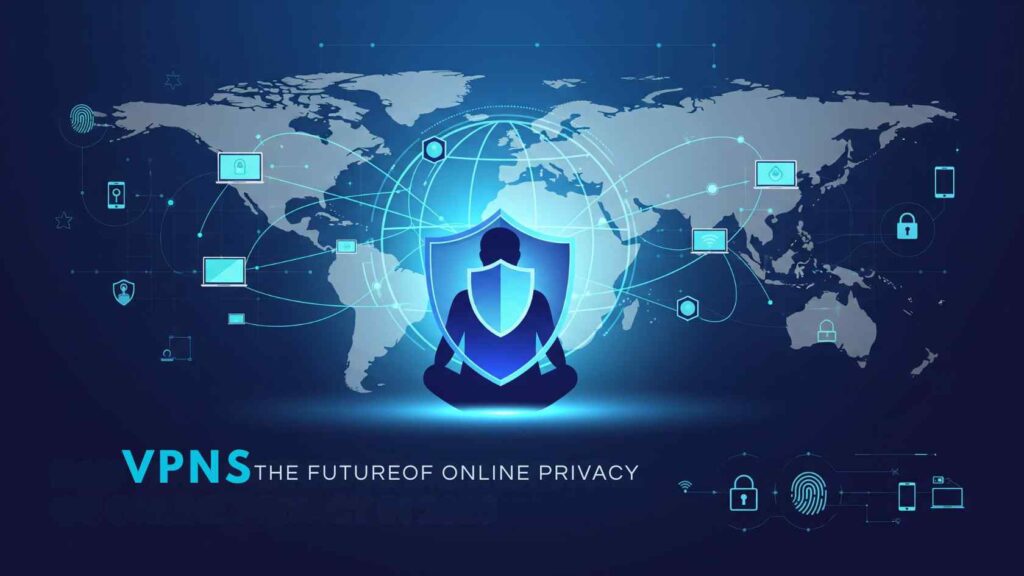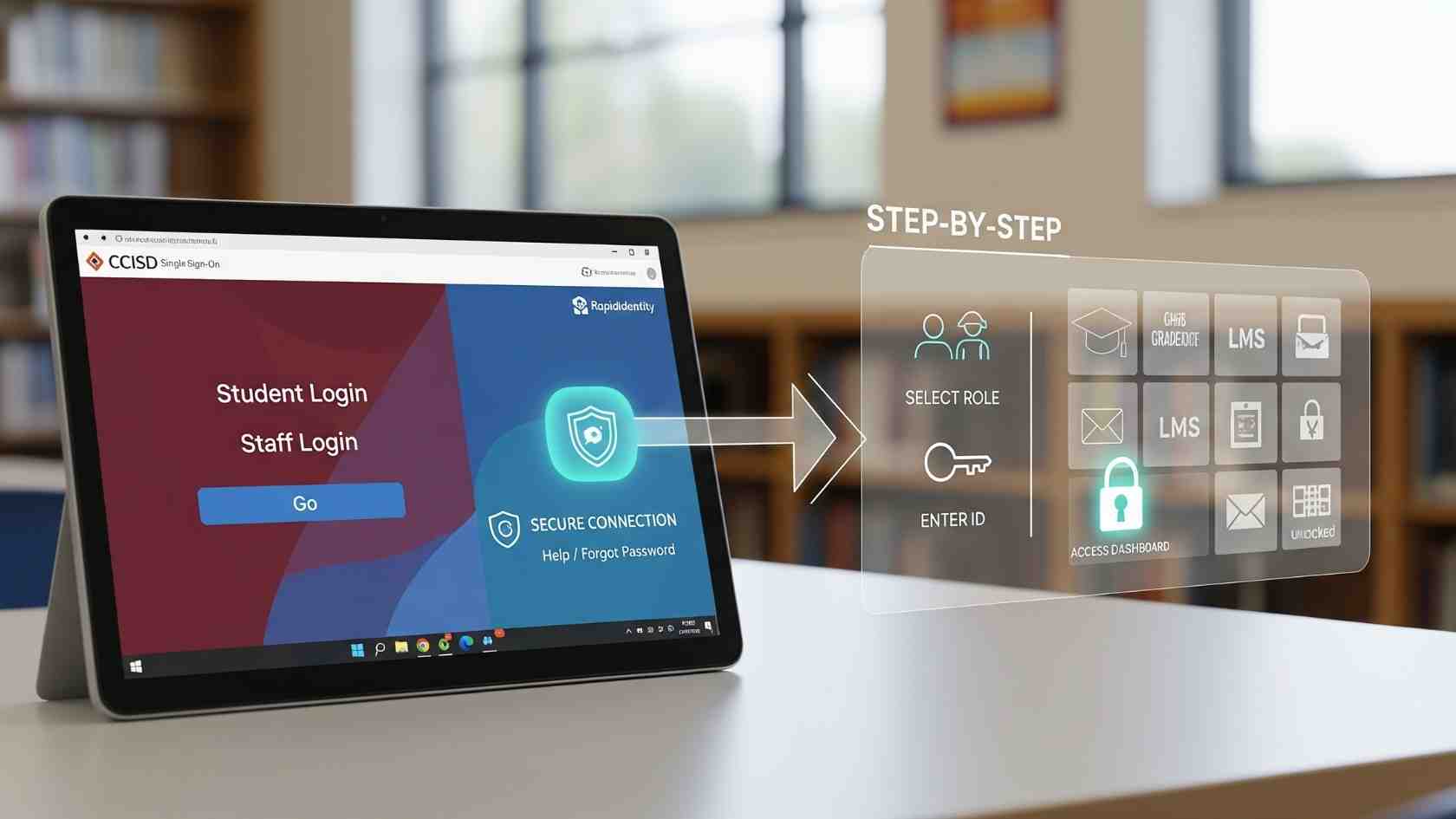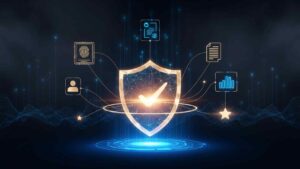Online privacy has never been more salient in a world where almost every click, search, and scroll leaves a digital trail. The conversation about privacy that started with “Should I use a VPN?” has now morphed into “Which VPN should I trust?” Virtual Private Networks (VPNs) now present powerful ways to protect your personal information, secure connections, and give more control over your digital existence. VPNs are transforming the essence of online privacy even more than protection.
Here’s how:
Empowering Users with Control Over Their Data
One of the most significant shifts VPNs bring is access to that control. This shifts away from allowing companies to explore how much of your data is collected and used. A VPN puts that control back into the user. By encrypting your data, VPNs restrict websites and advertisers from collecting your browsing history and building comprehensive profiles about you.
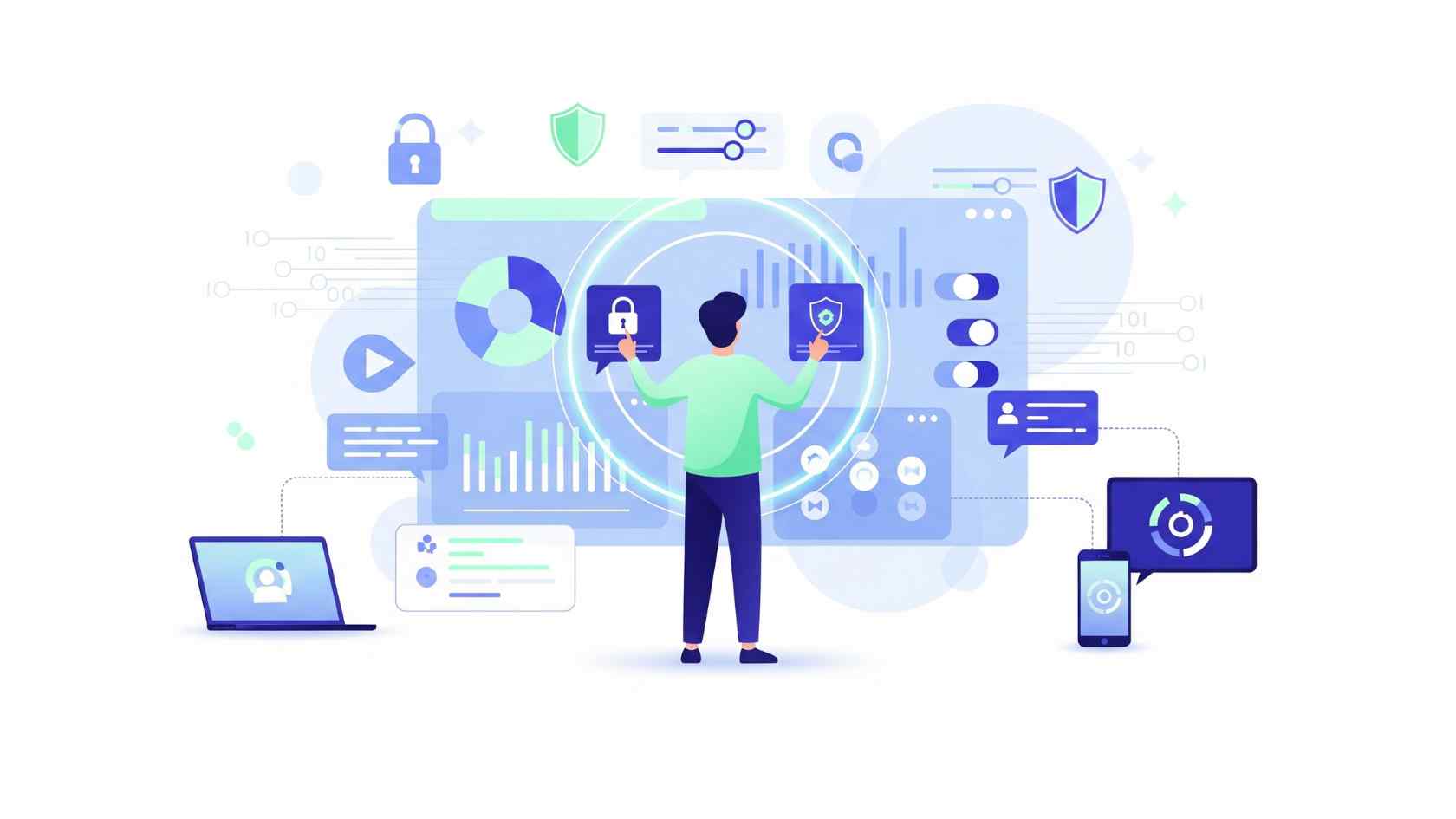
With VPNs, users can browse freely, feeling comforted knowing their habits, locations, and interests are not being covertly saved or tracked. This user control is arguably at the heart of the new digital privacy movement.
Global Access, Local Freedom
In 2025, privacy is all about attaining freedom. The internet is supposed to be open to all, and this is not always the case. In most countries, access to some sites, social media platforms or news outlets is still blocked. VPNs assist in overcoming these obstacles, as they enable users to go through the servers in different countries.
This capability provides individuals with access to entertainment, world content and secures their right to information. VPNs have become the silent guardians of internet freedom, as digital freedom is restricted in areas where internet censorship restricts the freedom of expression.
Protecting Privacy in the Age of Smart Devices
Smart houses, smart vehicles, and wearables have simplified life. They have also opened new doors for data collection. All the devices connected to Wi-Fi can tell you: where you are, what you watch, and even when you sleep.
VPNs are also coming into play as a protector in this new era of connectivity. Most modern VPNs can be installed directly on routers, protecting every device connected in a single operation. Your smart speakers, cameras, and home systems cannot be easily tracked and hacked. As more homes turn “smart,” VPNs are quietly becoming part of the essential digital toolkit for privacy.
Businesses Are Taking Notice Too
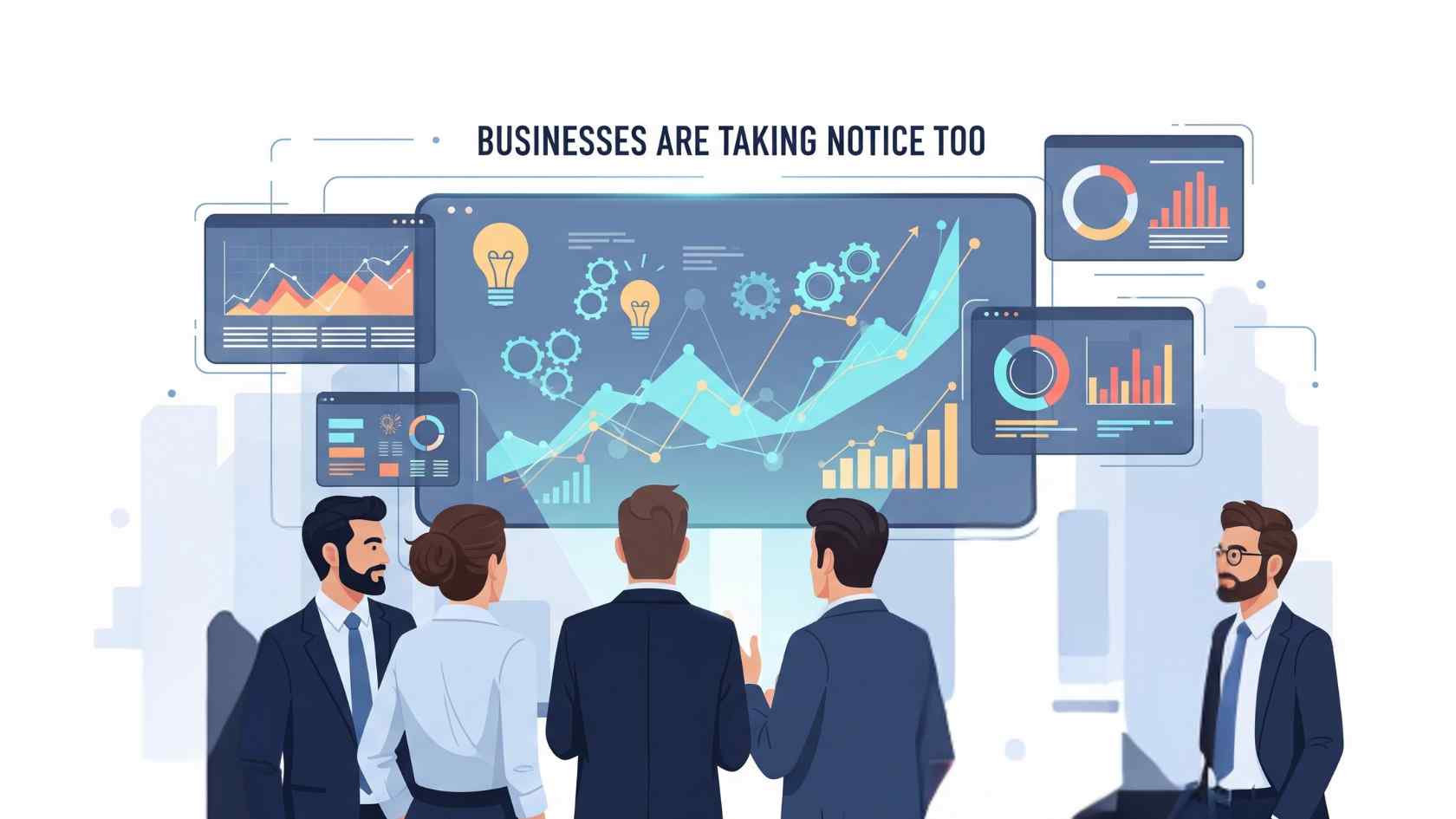
Not only are individuals recognizing the value, but organizations are as well. In 2025, organizations are utilizing VPNs to safeguard their information and communications amidst rising concerns over cyber threats. As remote work and global collaboration continue to increase, VPNs have become the backbone of secure company networks.
For many businesses, it is not only security. It is trust. Customers want to feel that their information is secure. Businesses can create a promise of protection through the investment in strong VPN technology. This is a benefit to privacy and to an organization’s reputation.
Raising the Standard for Digital Security
VPNs are also raising the standard across other technologies regarding privacy. Their rise has prompted browsers, apps and even social networks to improve their encryption and transparency. The message is clear: People care about privacy, and if companies decide to ignore that to exploit it, they run the risk of losing users.
Some VPNs have begun combining multiple layers of protection, such as malware blocking, tracker removal, and breach alerts. This allows a more responsible internet culture to protect data rather than exploit it. As the trusted tech publication Cybernews points out, VPNs are setting the standard for how online privacy should look in the future: transparent, secure, and user-friendly.
For more information on VPNs, read this Nordvpn review to learn how the top VPNs will shape the future of Privacy technology.
The Road Ahead: Privacy as a Right, Not a Luxury

In 2025, using a VPN will be both a tech choice and a personal statement. It says, “My privacy matters.” As more people engage online, the demand for transparency, security, and freedom increases. VPNs are adapting in response to those needs. We are nearing the point where privacy is a default human right.
The Internet will keep changing, and so will its associated risks. One thing we can guarantee, however, is that VPNs have demonstrated they will remain an autonomous tool that can emancipate people in the digital realm, and are doing so one secure connection at a time.
Also Read: Why VPNs Are Essential in 2025: Protecting Your Privacy in the Digital Age
Conclusion
VPNs are changing the arc of the future of online privacy by returning control to users, protecting smart and connected devices, furthering their vision of digital freedom, and enhancing global standards. In times when privacy seems scarce, VPNs are illuminating the fact that security and freedom do, in fact, coexist.

